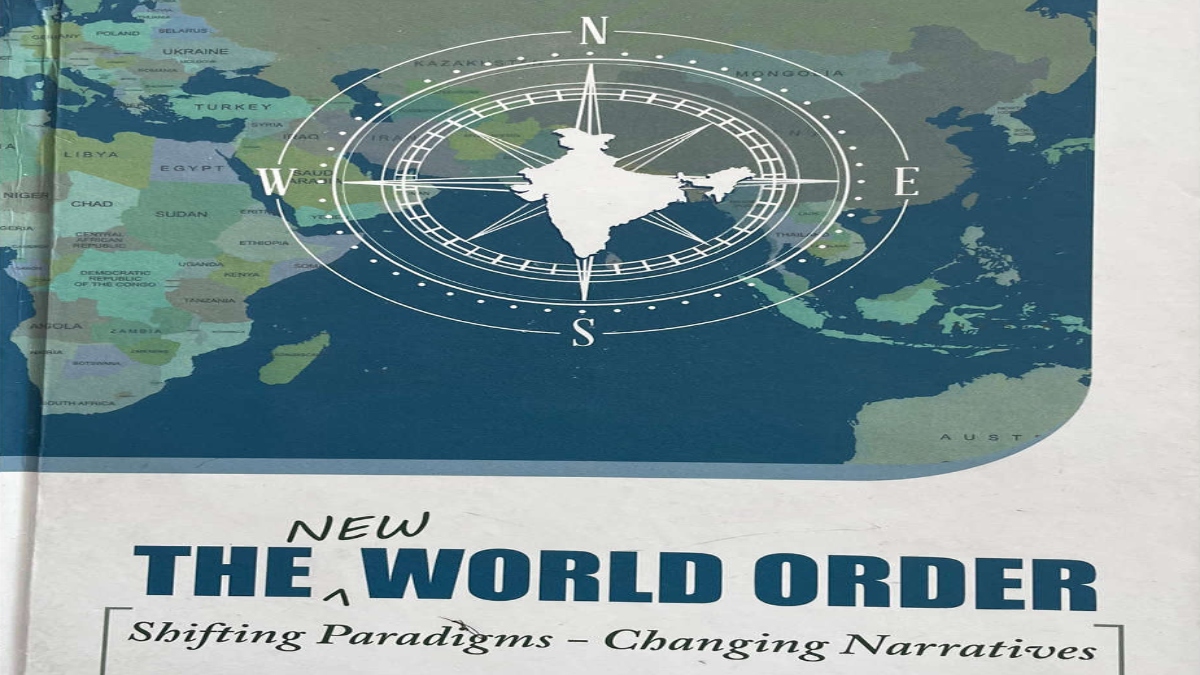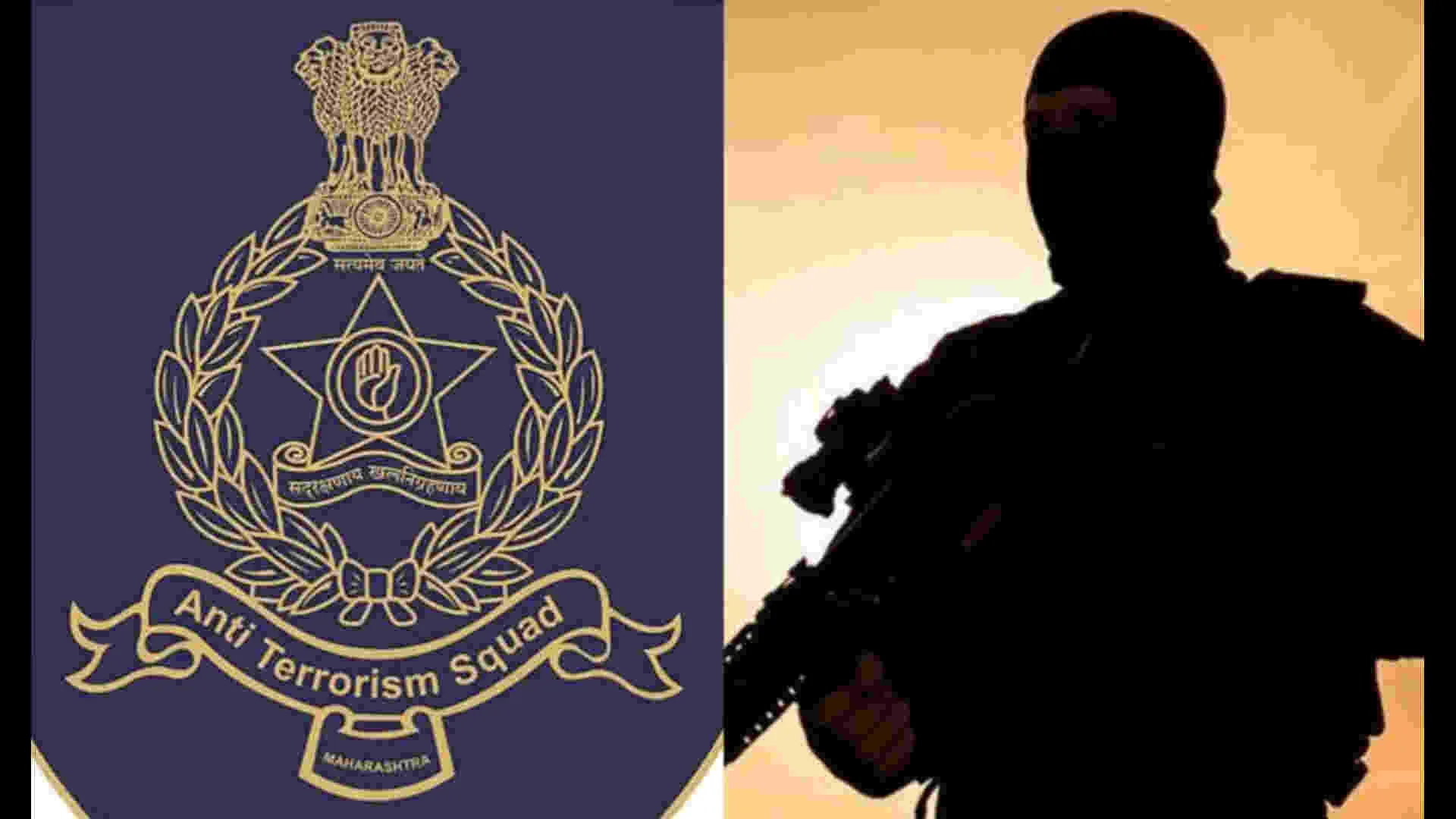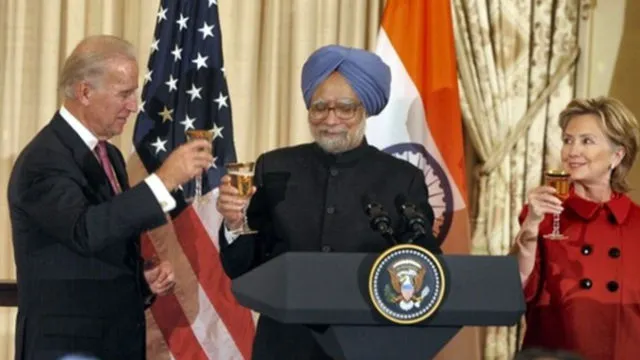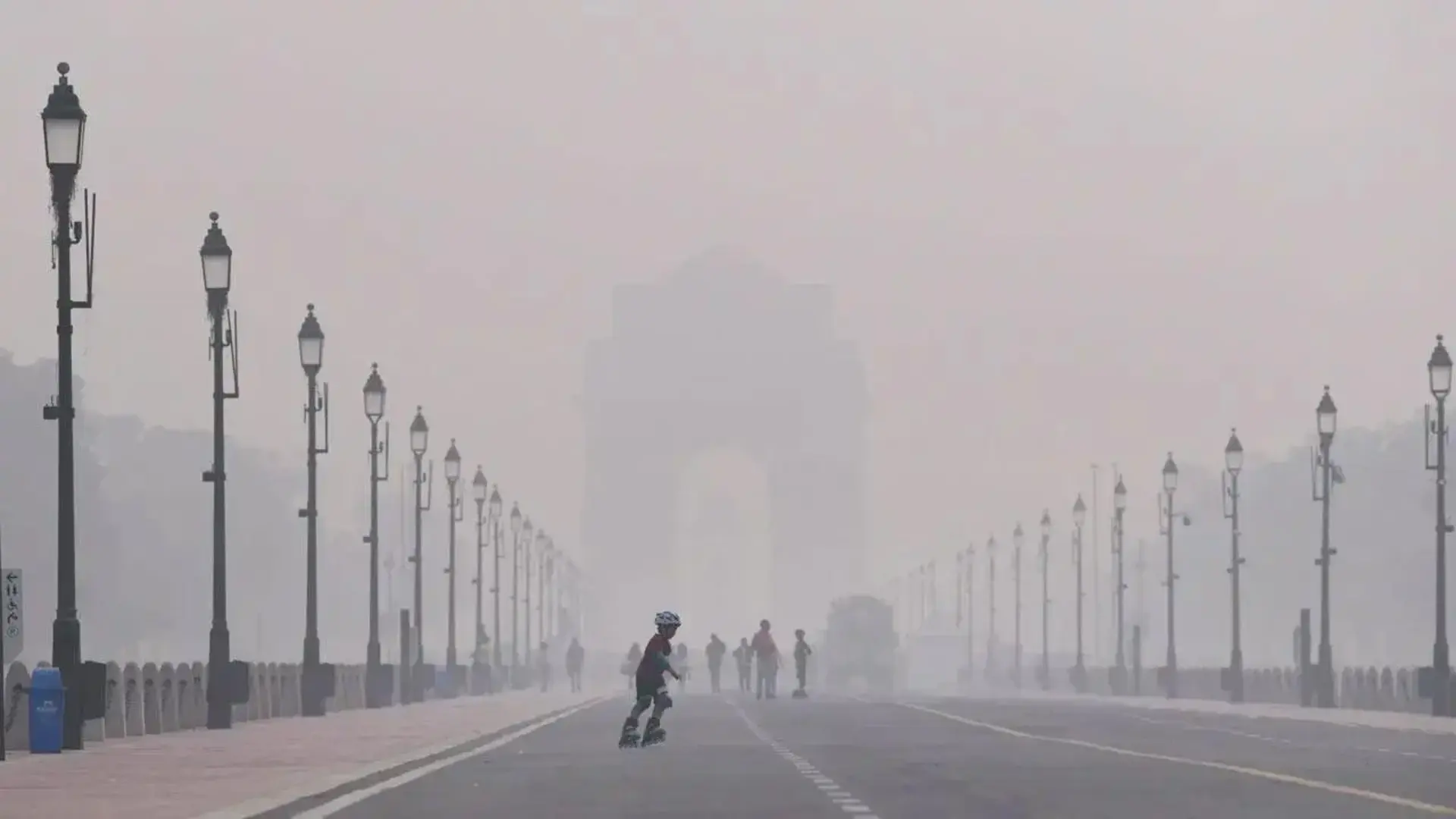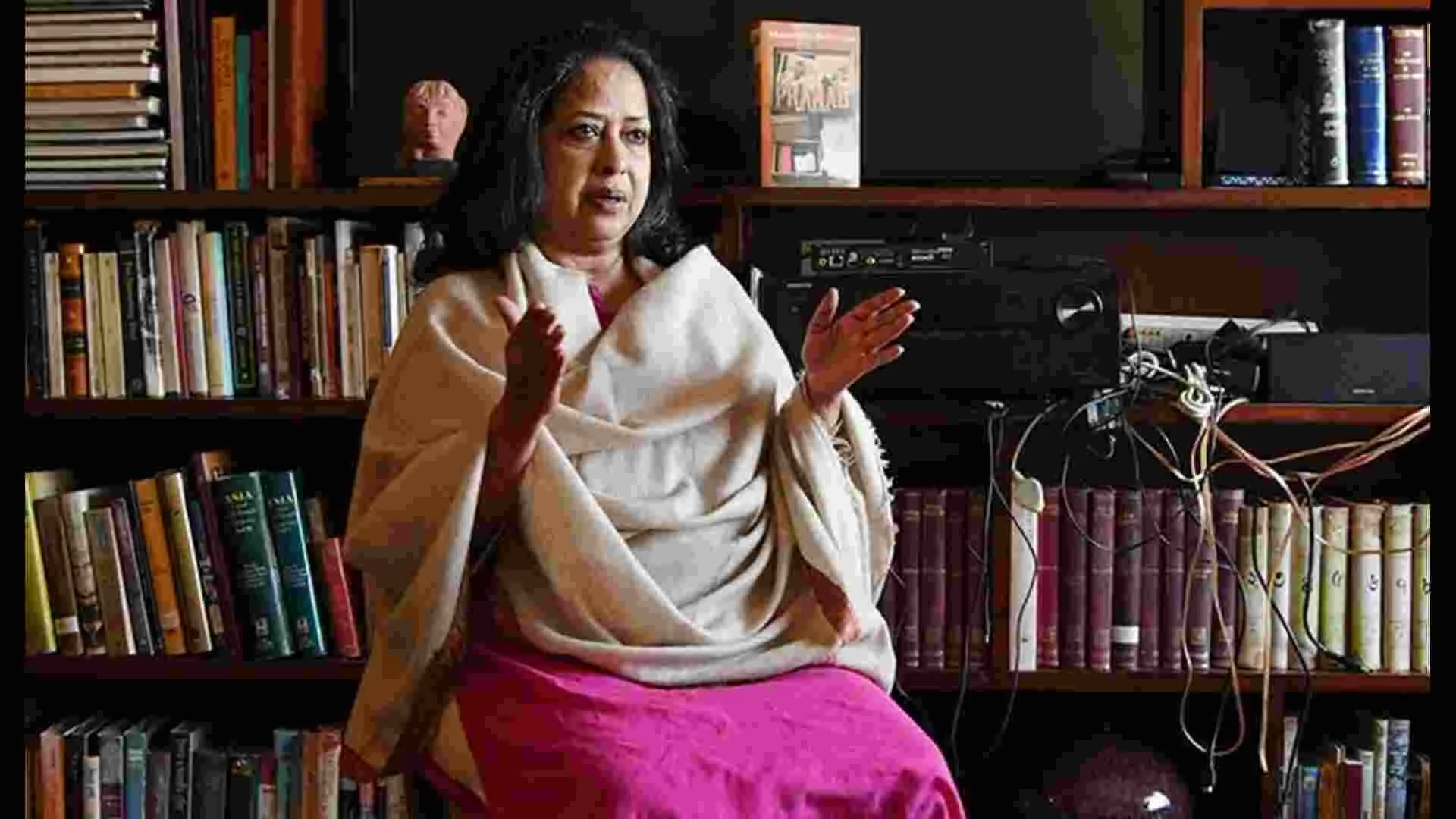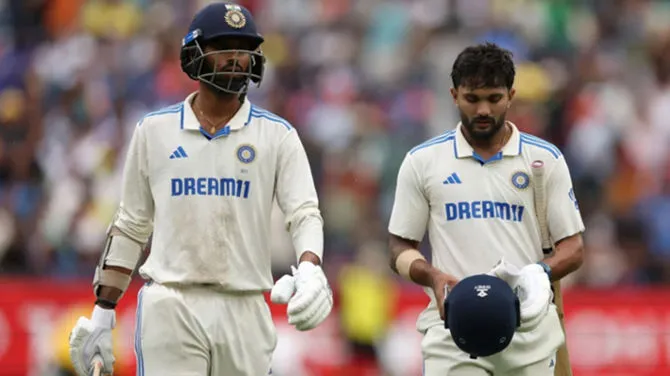International relations is filled with individual self-interests. Under a fast-evolving world scenario and very trying circumstances charting out a sustainable long-term international policy becomes a myth. Our career diplomat Foreign Minister S.Jaishankar has very aptly said, there are only “Frenemies’ as there are no permanent friends or enemies in international affairs.
This is proved by the ongoing Russia-Ukraine conflict, which has revived the pre-First Word War scenario in international affairs. Despite the diabolic consequences of the Second World War, and notwithstanding the herculean efforts thereafter to ensure peace by means of the formation of the United Nations and other world bodies, the world has been witness to several wars, from Korea to Vietnam and from Iraq to Afghanistan. Today with all the new nuclear and biological weapons stockpile the world has become a very dangerous place.
The disintegration of Soviet Block was expected to erase the cold war environment and ensure world peace. But soon Islamic fundamentalism entered the international horizon. Even before the world could even attempt to find some solution to this, China has emerged as a rogue bull in the international arena. Even the revolutionary changes in the political dogmas, education, technology and economic standards have not prevented the international conflicts, rather they have acted as the stimulus instead.
EMERGING NEW INDIA
During recent Pakistan’s terrorist attacks and Chinese muscle stretching across our borders, India has proved that it can confront its enemy with its might and not merely send ‘letters of protests’. India’s success in evacuating nearly 20,000 medical students and the students of Pakistan, Nepal and a few other countries from the war zones of Ukraine is yet another proof of emerging new India in world affairs. However, India’s strategic challenges are stretched by the two hostile neighbours in Pakistan and China.
A TIMELY AND USEFUL PUBLICATION
Under above circumstances the Samvada world publication ‘The New World Order Shifting Paradigms – Changing Narratives’ is a very timely compendium of thirty-six well-researched articles by sixteen experts, researchers and persons who are absorbed in the subject of international politics. It is also very aptly titled. The articles written during 2021 establish how India is emerging as a new power centre, but with a difference in the world. Sixteen contributors provide their expert views on very important components, which go on to formulate a viable and effective foreign policy.
Prof. Madhav Das Nalpat’s Foreword to this book has set the stage right by referring to the importance of the new insights offered by the civil society in shaping Indian foreign policy when the bureaucrats have a closed mind and the Lutyens Zone media is trapped in dogma and illusion. He refers to the “butterfly effect” where a small change in one state of a deterministic nonlinear system can result in large differences in a later state.
INDIAN FOREIGN POLICY
Ten very illuminating ten articles deal with different aspects of our foreign policy challenges. Ram Madhav points out the decaying of the UN in the past 75 years during which too many non-state players who defy geographical boundaries and occupy demographic spaces have emerged necessitating a new culture of geo-politics and geo-strategy. Isha Tripathi’s three articles explain how India is a leader in becoming, its extended neighbourhood approach in foreign policy and the threat of BRI to India’s strategic interests and the way forward. All three articles are well researched. T.S. Chandrashekar, an experienced foreign affairs journalist, explains India is peaceful and ‘Vasudiava Kutumbakam’ approach in its foreign policy. C. Vishwapramod talks about how India’s global stature is significantly growing and how the western world is expecting a greater role from India.
CHINESE QUAGMIRE
Nine articles very minutely examine the manipulative Chinese policies in trying to dominate world affairs and their implications on India’s interests. T.S. Chandrashekar provides a very elaborate picture of how China’s expansionist attitude, its military games, the mess it has created in Nepal, the Debt-trap it has laid in countries like Sri Lanka, Myanmar. Isha Tripathi scientifically analyses the strategic importance of CPEC to China in the Indian Ocean and its implications on India’s interests in the region. C. Vishwapramod takes a strategic view of fractures in India-China relations. Prashant Vaidyaraj lays a threadbare analysis of the Tibet climate crisis due to Chinese havoc in the region and seeks immediate international action. Arjun Shekar exposes the debt trap and political international implications of leasing Hambantota to China and its Geopolitical implications for the sub-continent.
AFGHANISTAN CONUNDRUM
Abrupt American departure from Afghanistan has created a big international crisis. India faces bigger challenges as it has to now face a ruling dispensation, which is totally inimical. Such sudden developments pose huge problems in its international policy spectrum. Chandrashekar’s two articles explain how the US failed Afghanistan and its people, Isha Tripathi analyses the situation in Afghanistan under Taliban and its implications for the region and the world. Aditya Kulkarni explains how another hope is buried in this ‘Graveyard of Empire’, and its implication for the world today. Articles by Shreyas Goutam T.S. Chandrashekar expose how it is the economic interests such as oil and rare earth, which have resulted in wars.
ENHANCED VALUE
The value of this book is enhanced by the very fact that it is a compendium of views of sixteen researchers who have delineated the different spectrums of India’s foreign policy issues. Such varied perspectives provide strong moorings to the formulation of a draft foreign policy. That these articles are very scientifically categorised under seven heads namely: Indian Foreign Policy, India Focus, Neighbourhood, China, Afghanistan, Central Asia and World Affairs, further increase its utility.
Some improvements in its presentation such as more rigorous proofreading, proper numbering of the chapters, provision of authors’ names against their articles in the contents sheet, and an elaborate page index at the end of the book would further enhance its utility.
However, these small limitations do not take away the fact that it is a very timely and useful publication. Editor Prashant Vaidyaraj and Samvada World deserve to be congratulated.
The writer is a book reviewer on subjects of public interest.

